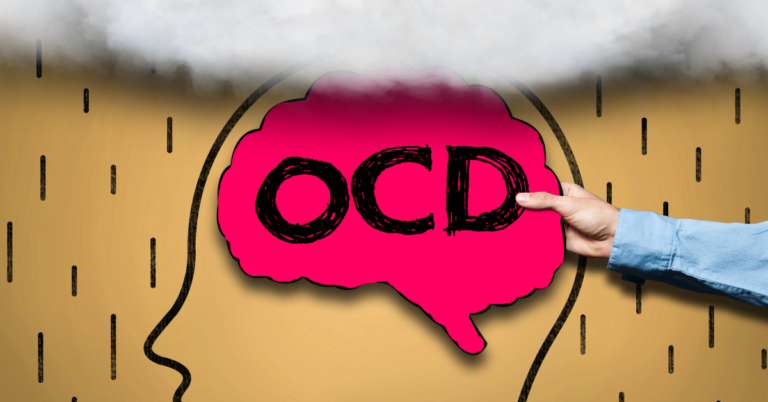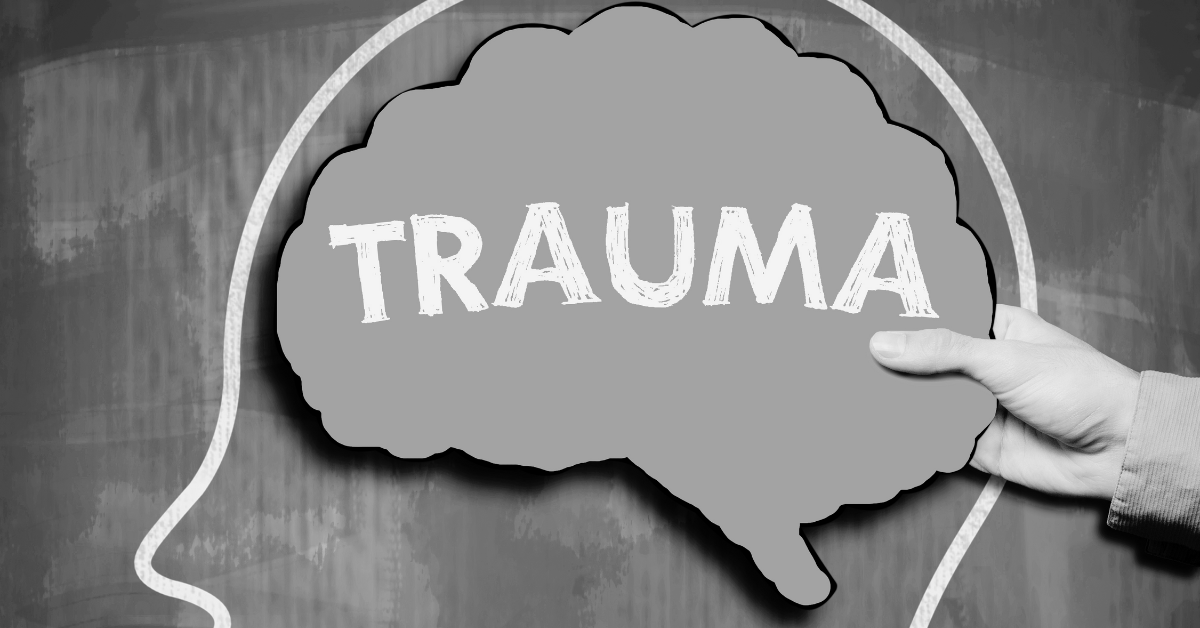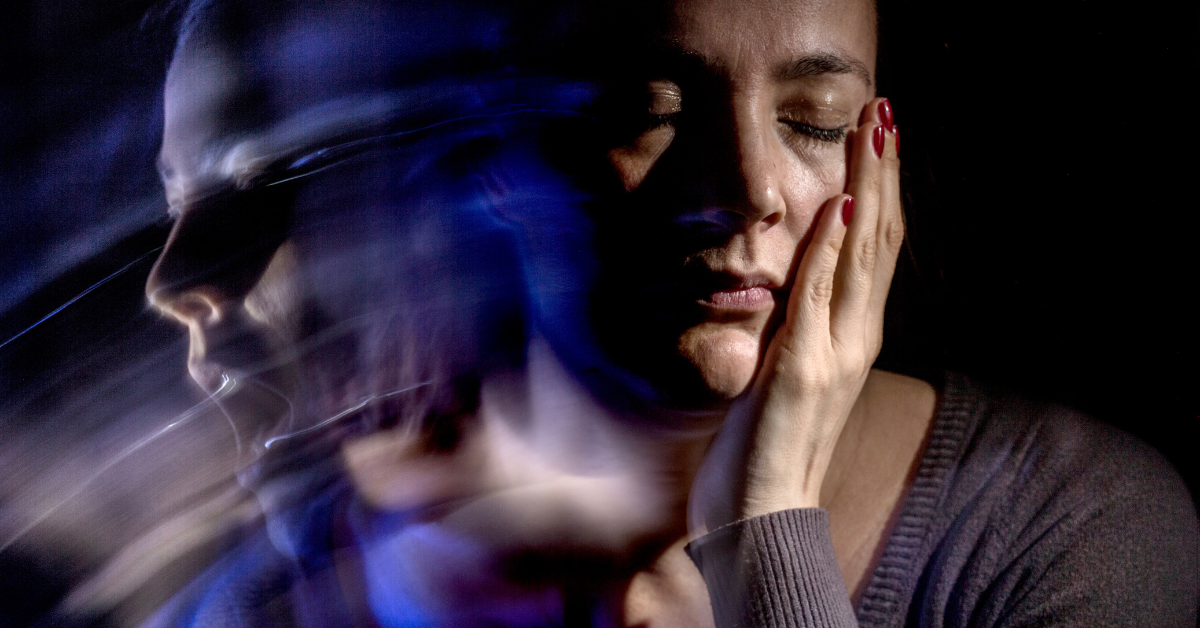OCD Treatment Centers
Obsessions and compulsions can significantly disrupt daily life, relationships, and overall well-being. Approximately 50% of adults with OCD experience serious impairment in daily functioning due to their symptoms.1 Seeking professional OCD treatment is crucial for managing OCD effectively and improving quality of life. Our client-centered approach aims to build hope, create a stable support network, and achieve long-term health and healing. At Legacy Healing Center, a provider of behavioral health and substance abuse rehab facilities in Florida, New Jersey, Ohio, and California, we offer personalized care tailored to the unique needs and goals of each individual at our behavioral health treatment facilities. Our team of experienced professionals provides evidence-based treatments and integrative therapies that support overall well-being.
Understanding OCD
Obsessive-compulsive disorder (OCD) is a mental health condition characterized by persistent, intrusive thoughts (obsessions) and repetitive behaviors or mental acts (compulsions) that an individual feels compelled to perform. These obsessions and compulsions can significantly interfere with daily activities and cause considerable distress. Obsessions are unwanted and distressing thoughts, images, or urges that repeatedly enter a person’s mind. Common obsessions include fears of contamination, harming oneself or others, and concerns about symmetry or exactness. Compulsions are behaviors or mental acts that an individual engages in to reduce the anxiety caused by obsessions. Examples include excessive cleaning, checking, counting, or repeating actions. There are many different variations in which this condition could present itself and just as many OCD treatment options are available.
Types of OCD:
OCD manifests in various ways, and understanding the different types can help in recognizing the disorder. The primary types include:
- Contamination OCD: Fear of germs, dirt, or illness leading to excessive cleaning or hand washing.
- Symmetry OCD: Obsessions about symmetry, order, or exactness, resulting in arranging or ordering items until they feel ‘just right.’
- Harm OCD: Intrusive thoughts about harming oneself or others, often accompanied by checking behaviors to ensure safety.
- Checking OCD: Repeatedly checking things (e.g., locks, appliances) to prevent perceived dangers or mistakes.
OCD affects people of all ages, genders, and backgrounds. In the United States, about 1.2% of adults, or approximately 2.5 million individuals, are affected by OCD annually.2 The disorder often begins in childhood, adolescence, or early adulthood, with symptoms typically appearing by age 19; however, it can also develop later in life. OCD is equally prevalent among men and women, though men often experience an earlier onset. Understanding the widespread nature of OCD underscores the importance of recognizing symptoms and seeking appropriate OCD treatment.
Time-Tested and Newest Treatments for OCD
Each patient’s journey with this condition is unique, and so is their OCD treatment plan. We believe in creating individualized treatment plans that are customized to address the specific challenges and goals of our patients. Whether it is inpatient or residential treatment for OCD, our team is prepared to help. During the planning process, we involve patients and their families to ensure that the treatment aligns with their preferences and circumstances. This collaborative approach ensures that the care you receive is not only effective but also sustainable in the long term, finding the best treatments for OCD is made easy once we’ve established a plan.
Evidence-Based Treatment for OCD:
Our treatment approach is grounded in evidence-based practices that have been proven effective in managing OCD. The primary modalities include:
- Cognitive Behavioral Therapy for OCD Treatment (CBT): CBT is a cornerstone of OCD treatment, focusing on changing negative thought patterns and behaviors. A key component of CBT for OCD is Exposure and Response Prevention (ERP), where patients are gradually exposed to their fears and taught to refrain from performing compulsions. This method helps reduce anxiety and diminish the power of obsessive thoughts.
- Medication Management: For some individuals, medication can play a crucial role in managing OCD symptoms. We offer medication management services in collaboration with psychiatrists who specialize in OCD treatment. Commonly prescribed medications include selective serotonin reuptake inhibitors (SSRIs), which help to balance the brain chemicals involved in OCD.
- Integrative Therapies: We incorporate complementary therapies such as mindfulness, relaxation techniques, and stress management strategies to support the overall well-being of our patients. These integrative approaches enhance the effectiveness of traditional treatments and help patients develop a holistic approach to managing OCD.
Why Choose Us?
At Legacy Healing Center, our team is dedicated to providing exceptional care for individuals struggling with obsessive-compulsive disorder (OCD) through a comprehensive and individualized client-centered approach. Our mission is to build hope, create a stable support network, and achieve long-term health and healing for each of our clients. We understand from personal experience that our holistic healing approach can help people not only manage but also overcome the challenges associated with OCD. At Legacy Healing Center, our team’s dedication to providing compassionate, comprehensive, and individualized OCD treatment is the cornerstone of our success in helping individuals manage and overcome OCD. We are here to support you every step of the way on your journey to long-term health and healing.
A Reliable OCD Treatment Center
Are you or a loved one dealing with obsessive-compulsive disorder and need help to treat the condition? The teams across the country with Legacy Healing Center are here to help. Get in touch with your local Legacy facility today to experience the benefits of getting behavioral health OCD treatment from expert professionals today. Are you interested in learning more about this condition or one of the many others that we can help you conquer, such as substance abuse and addiction or mental health concerns of yours? Feel free to read some of our treatment articles to get more information on how we can help.
Sources
- Obsessive-compulsive disorder (OCD). National Institute of Mental Health. Accessed January 3, 2025. https://www.nimh.nih.gov/health/statistics/obsessive-compulsive-disorder-ocd.
- Facts & Statistics: Anxiety and Depression Association of America, ADAA. Facts & Statistics | Anxiety and Depression Association of America, ADAA. Accessed January 3, 2025. https://adaa.org/understanding-anxiety/facts-statistics.






